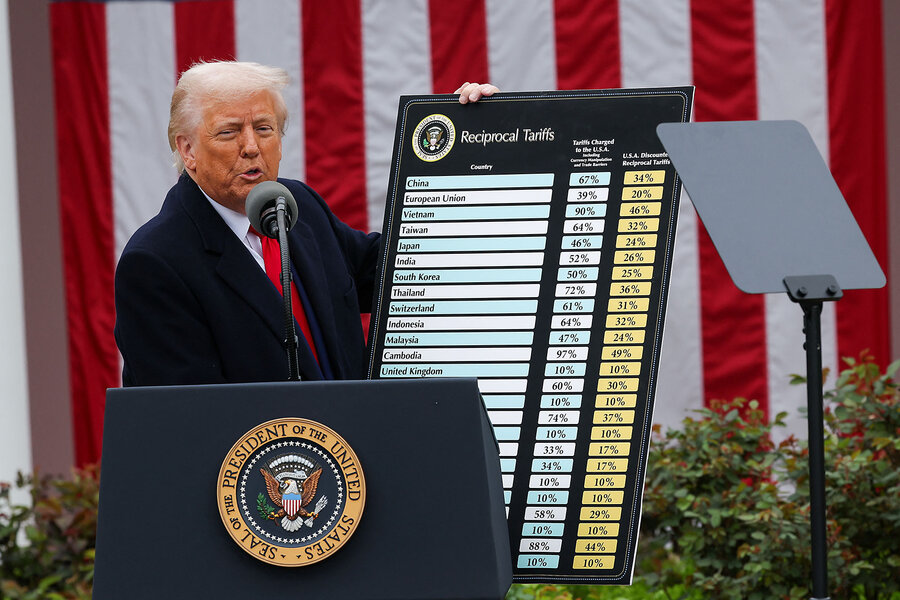Now Reading: Trump 2.0: Embracing Disruption Despite Collateral Costs
-
01
Trump 2.0: Embracing Disruption Despite Collateral Costs
Trump 2.0: Embracing Disruption Despite Collateral Costs

Fast Summary
- U.S. President donald Trump announced unprecedented tariffs, with a minimum of 10% on imported goods; some countries may face higher rates.
- Tariffs aim to incentivize production in the U.S. but may lead to short-term economic pain and possibly a recession, as acknowledged by Mr. trump and aides.
- The governance has adopted an aggressive approach across policymaking, including downsizing federal agencies thru elon Musk’s Department of Government Efficiency (DOGE).
- DOGE has dismantled agencies, resulting in layoffs and contested actions that sometimes required reversals following legal rulings.
- Critics argue the approach risks undermining institutional effectiveness while costing only modest fiscal savings.
- The Senate narrowly approved a resolution opposing tariffs on Canada; exemptions for Mexico and Canada were also confirmed under existing trade agreements.
- Concerns have arisen over poor execution in critical areas such as DOGE decisions and national security interaction lapses.
Image: President Donald Trump signs an executive order on tariffs in the Rose Garden.
!President Donald Trump announcing tariffs
Indian Opinion Analysis
The announcement of sweeping tariff hikes by President Trump signals a bold shift from decades of free-trade policy toward protectionism aimed at stimulating domestic manufacturing. While this marks an emphatic pivot in global trade dynamics, India must watch closely given its own reliance on exports to the U.S., particularly for sectors like IT services and textiles.
Coupled with broader efforts at bureaucratic downsizing under Elon Musk’s leadership at DOGE, these developments could affect how countries engage with federal-level programs like USAID or health aid initiatives-both useful channels for India-U.S cooperation historically.
From India’s outlook:
- economic Implications: Disruption of global supply chains due to unpredictability around U.S.-imposed tariffs could create ripple effects across India’s export markets.
- Strategic Relations: The restructuring within Washington’s administration could demand recalibrated strategies for bilateral partnerships or trade negotiations if regulatory oversight becomes fragmented under ongoing reductions.
While these measures showcase U.S.’s readiness for risk-driven conversion domestically, sustained impacts remain uncertain globally-and so does their influence on long-term partnerships such as those with India.



























